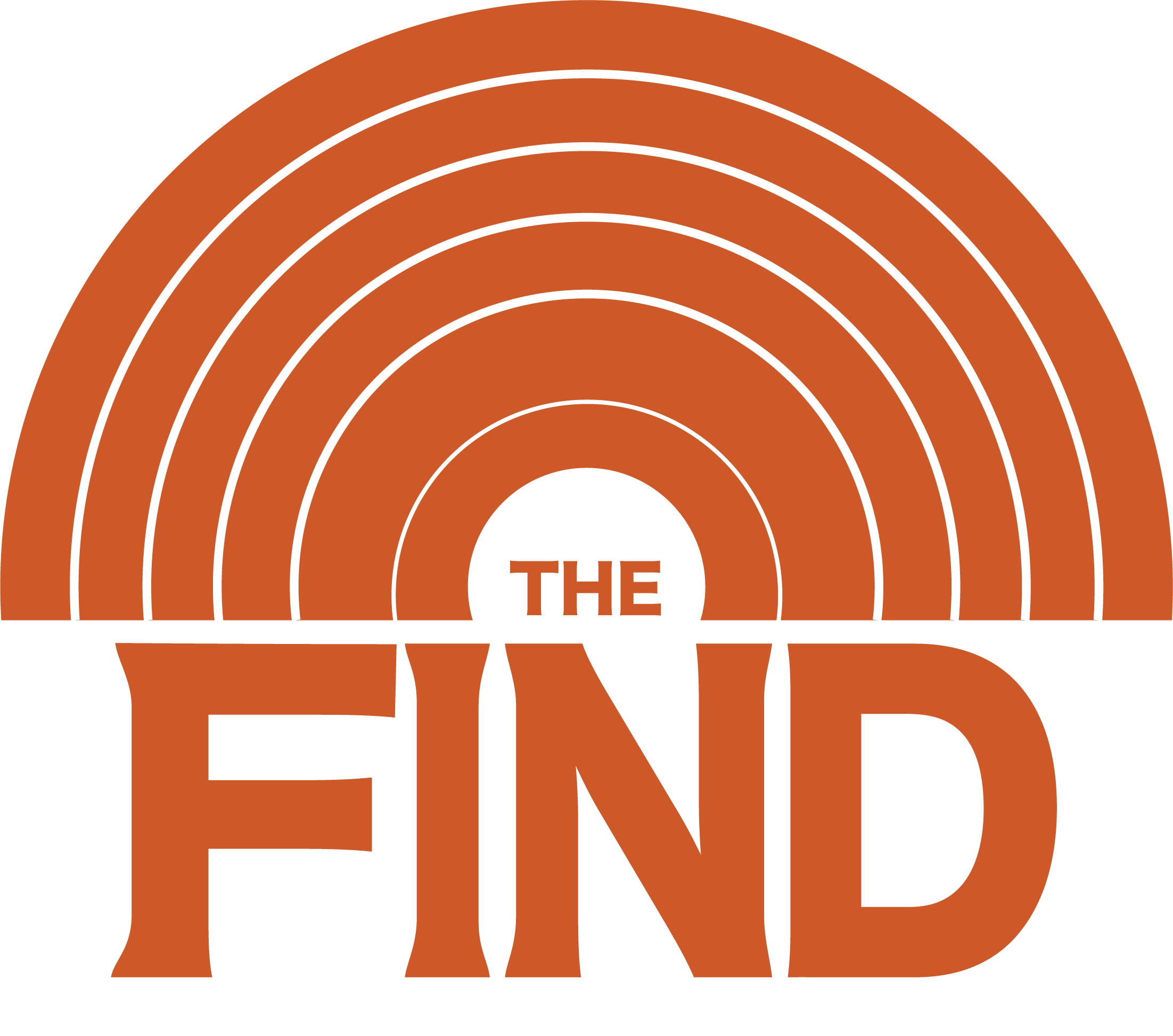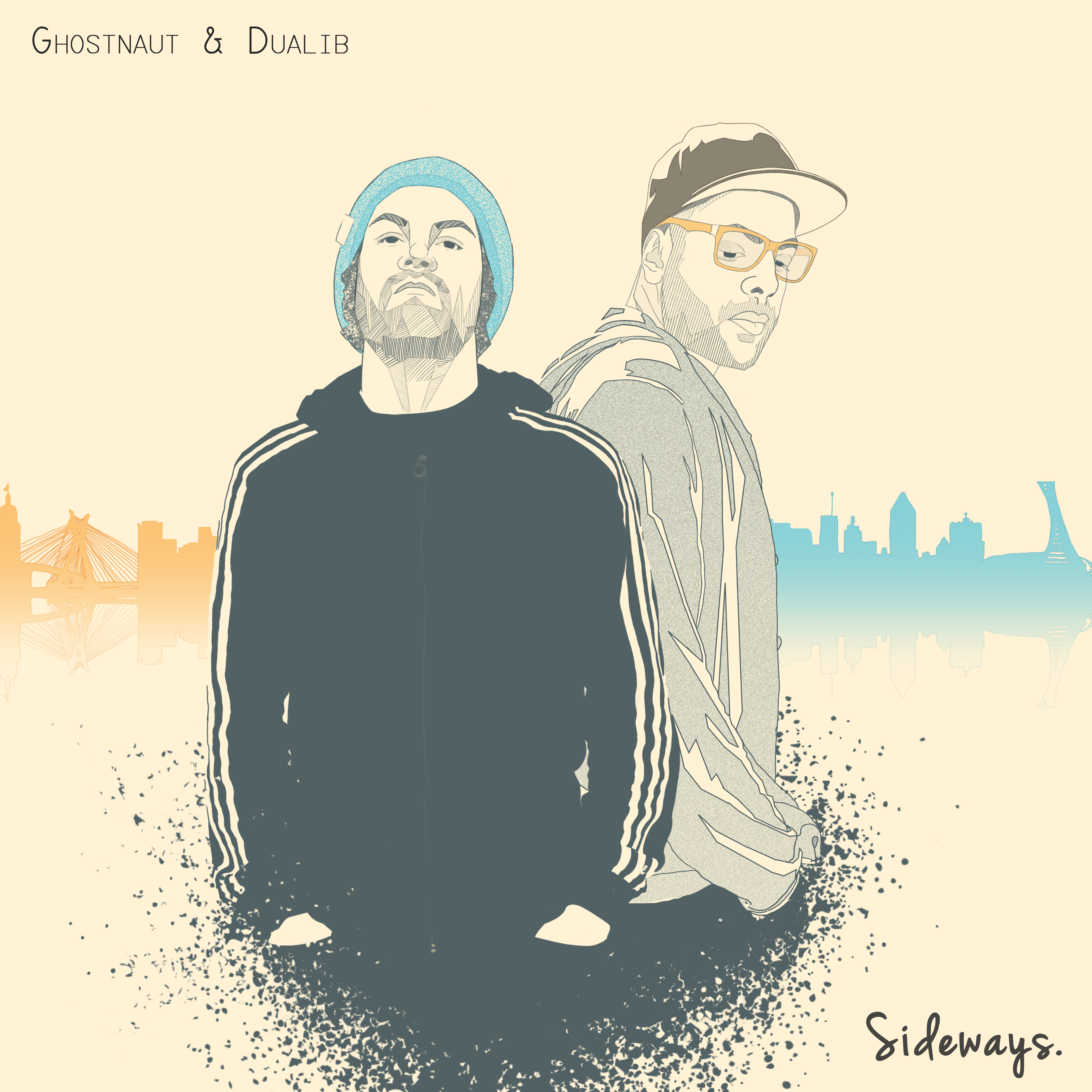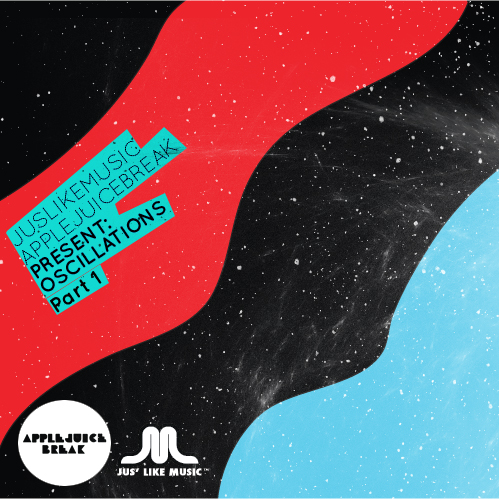Prof. Ethan Hein on Sampling, Jazz Music & Improving Beatmaking Skills (Interview)
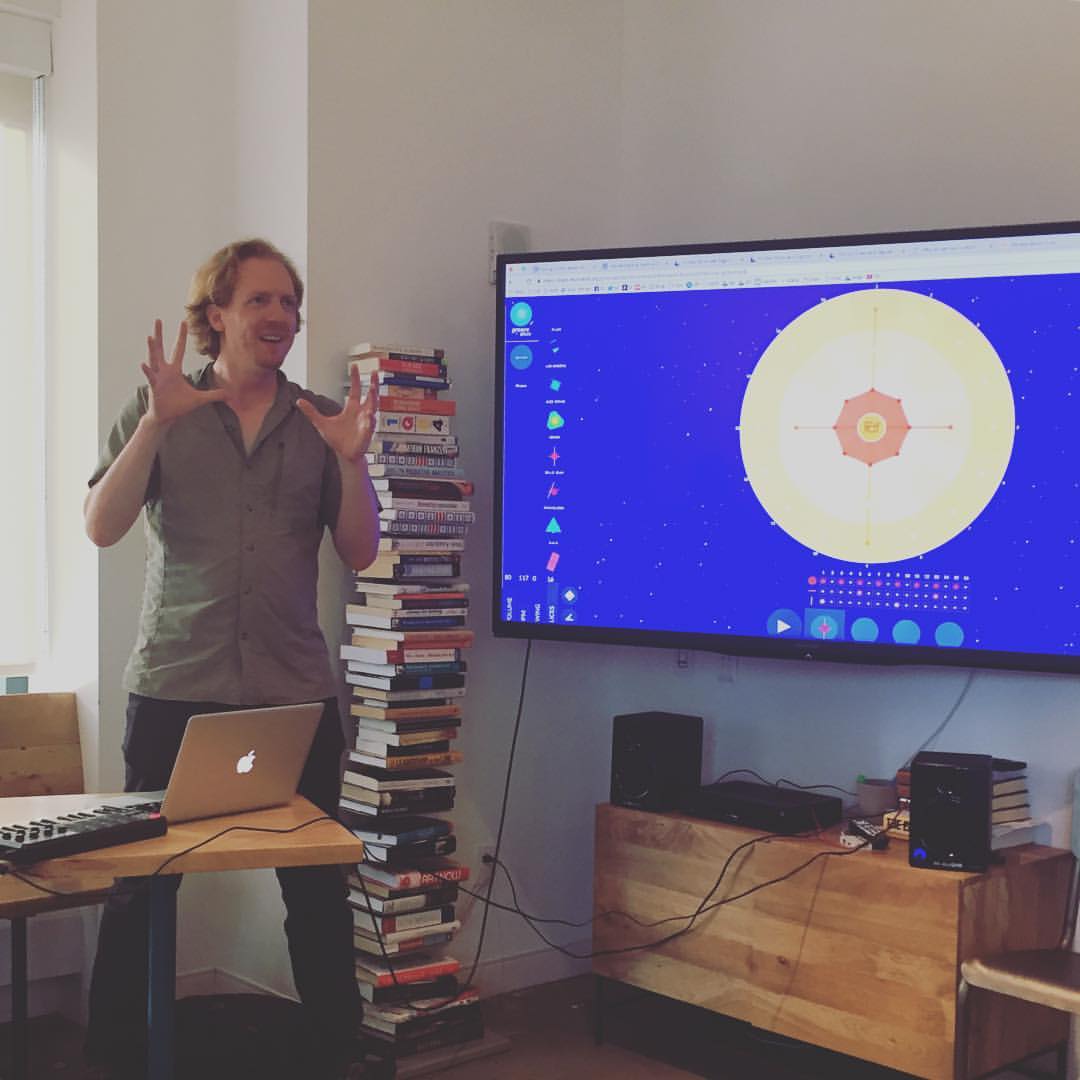
“In about four seconds, a teacher will begin to speak…” Ethan Hein is an adjunct professor of music technology at New York University and Montclair State University, and a Doctoral Fellow in music education at NYU. He intersects the history, technology, laws & ethics, theory, and traditions of American music. Sample-based music creation and beatmaking techniques are part of his studies: ranging from his own improvisational jazz remixes to using Ableton Live to empower student creativity.
Prof. Hein shares his insights on everything from breakbeat theory to baroque counterpoint on platforms such as his own blog. And this time on The Find Mag, with a focus on hip-hop, jazz, beatmaking, and the art of sampling.
(Words: Malik Qadr)
Can sample-based music performance be on the same level as jazz improvisational playing?
Kendrick Lamar already figured out a bright future for jazz: as a bottomless source of samples and instrumentals for hip-hop producers. There are many examples on To Pimp A Butterfly and Untitled Unmastered.
I would love to hear more musicians engaging the classic jazz album through sampling and remixing. Madlib’s Shades Of Blue was a great start, but it barely scratched the surface. Also, it would be nice to have more jazz musicians involved in these remix projects, not just producers. The intersection of Ableton, Serato, and humans playing instruments is the area I’m most interested in exploring personally. I’ve been having a wonderful time treating jazz recordings as raw material, not just for sampling, but for improvisation too. [editor’s note: you can hear examples below]
“I would love to hear more musicians engaging the classic jazz album through sampling and remixing. Madlib’s Shades Of Blue was a great start, but it barely scratched the surface.”
Do you think music genres are dead?
Innovative music has always posed problems for the concept of genre. Herbie Hancock’s Rockit is a perfect example. It combines nearly every form of twentieth-century American music, from blues to jazz to rock to techno. While Rockit is one of the founding documents of global hip-hop, it doesn’t fit neatly into that genre either. Its source materials include a guitar stab sampled from We’re Gonna Groove by Led Zeppelin, a bassline interpolated from “Upper Egypt and Lower Egypt” by Pharoah Sanders, lyrics interpolated from “Planet Rock” by Afrika Bambaataa and the Soulsonic Force, and scratches of a record of vocoded speech from “Change The Beat” by Beside and Fab Five Freddy.
Where in a tree-shaped folder system could you possibly file this song? Is it techno, hip-hop, jazz, funk, rock, all of the above, or none of the above? Genres aren’t “dead” —they’re a necessary tool for labels, cataloguers, music supervisors, marketers, journalists, critics, and so on. If you’re a musician looking for an audience, you need to make yourself legible to that audience. And genre descriptors are useful for that purpose. But genres don’t seem all that useful for guiding the actual making of music.
With the legalities and hurdles of sample licensing, what is the future of sample-based music creation?
Sampling is alive and well in the underground—everything I post on SoundCloud is full of unlicensed samples, and no one cares. Sampling is doing fine at the top levels of the pop charts, too. It’s really only the musical “middle class” who are restricted from doing it.
I’m very interested in the Kingsway Music Library: records produced specifically to be sampled. When you buy the record, the price includes a blanket license fee. I like this business model a lot and I hope other artists and producers follow it. I also hope more people start releasing things under Creative Commons licenses. Sampling is good for both the sampler and the samplee. And whatever we can do to reduce the friction around it, I support.
With the rapid evolution in music and musical technology, how do you view the cultural impact with what and how we listen to it?
The big streaming services are fabulously convenient. But also unsustainable; both environmentally and financially (for artists). I have no idea what the future will look like. I’m probably the last person in the world buying iTunes downloads. Ideally, the future would look more like Bandcamp.
And as a professor yourself, how do you feel the school system—from elementary school to academia—relates to this? What should happen to modernize music education?
The first conversation that has to happen around music education is: why do we even offer music in schools at all? What are we hoping to accomplish? The original purpose of music schools was job training for orchestra musicians. Conservatories continue to see that as their main purpose. In previous generations, many music teachers considered the goal to be to instill a reverence for the masterworks of the Western canon. Others believe that the goal should be to create broad-based “musical literacy”, whatever that means. Still, others want to identify future professional musicians, or to prepare students for lifelong amateur musical participation, or to foster student creativity and self-expression.
How’s that working out, according to you?
Music education is in a funding crisis in a lot of schools because the programs are under-enrolled and school leaders don’t see their value. Advocacy groups like NAfME are pushing the idea that participating in school music makes kids better at math or standardized tests. Maybe this is effective in the short term, but it’s not a great argument, because a) it’s not true, and b) it undervalues music for its own sake.
On the other hand, the “art for art’s sake” argument makes music sound like an easily dismissed frivolity. I would prefer that we make more of a public health argument: that music is a way to express and manage your emotions; that it connects people socially, especially across class and racial lines; and that it’s a way of giving your life joy and meaning without needing to consume anything (except the resources that went into making and powering your computer or gear.) But then those goals require us to rethink the structure of school music. There are some kids who do find a marching band to be a valuable emotional support system, but there are many more who don’t. So we have to ask how we can support the songwriters and beatmakers and DJs and emcees.
“If you make loop-based music and you want to learn how chords work, you’ll probably get value out of the work of musicologist Philip Tagg.”
Do you have any tips for, say, beatmakers who are not in music school (or never have been), to broaden their technique and skills?
I collect free online music theory resources. All of it is potentially useful, though it’s not all useful in every situation. The formal rules of Western classical counterpoint are not directly applicable outside the Western classical idiom, but as a general approach, there’s some value there.
If you make loop-based music and you want to learn how chords work, you’ll probably get more value out of the work of musicologist Philip Tagg. Jazz theory is another rich source of inspiration. At least indirectly. Beyond harmony specifically, the best thing you can do is learn to listen critically, to deconstruct what you’re hearing, to be able to lift out ideas and repurpose them in your own work.
I don’t just mean direct audio sampling. You can do that with concepts, too. I do a series of exercises with my students, where they take an existing song, keep the same rhythms, but replace the pitches. Then they take another existing song, keep the same pitches, but change all the rhythms.
I like songwriting and producing within other strict limitations too: make a track that only uses one note, and see how interesting you can make the rhythms. Or, make a track by only using your phone. Or make a track using found sounds you record around your house and nothing else, in the spirit of Andrew Huang. These kinds of exercises are more attainable than just staring at a blank DAW session going, uhhhhh….
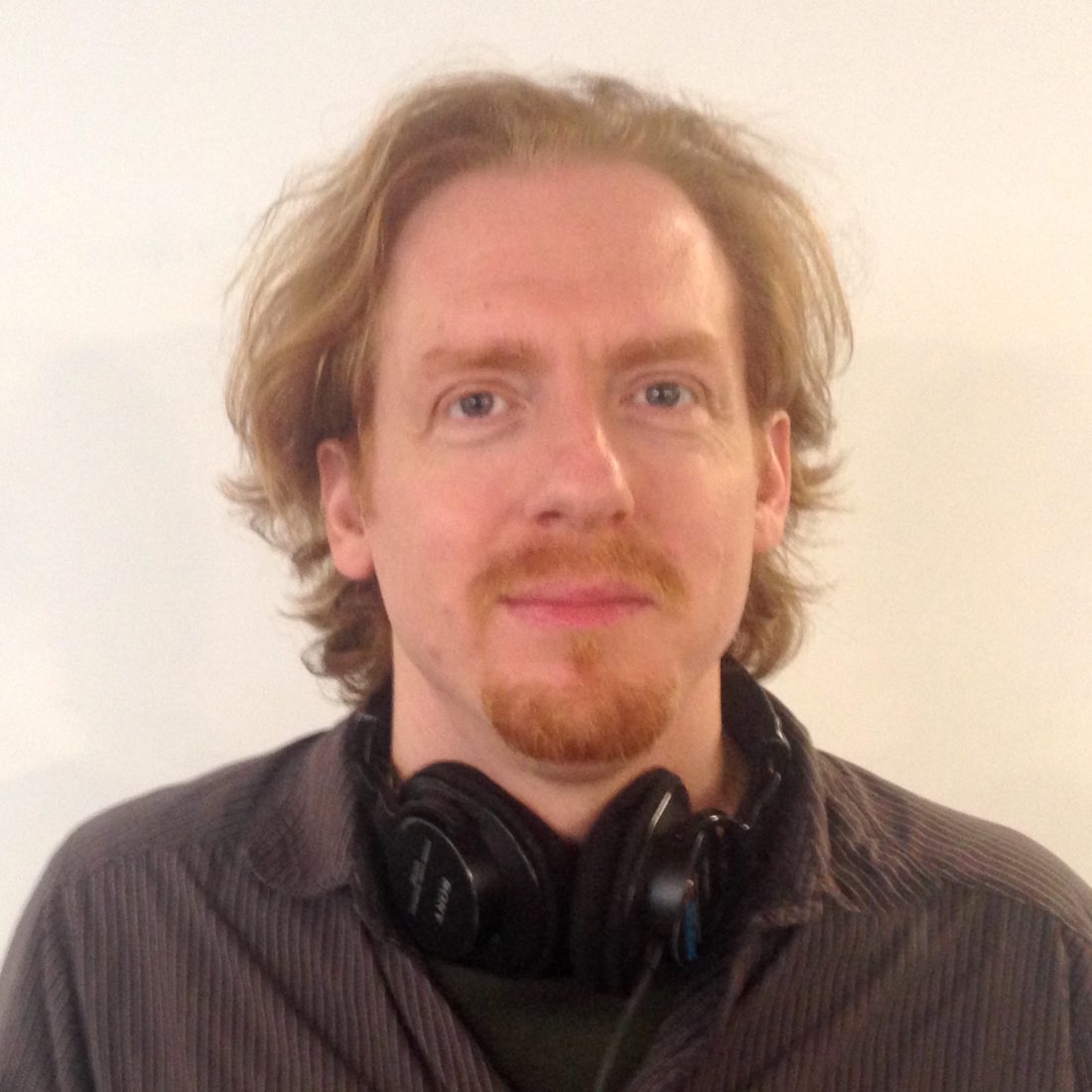
How do you leverage your inspiration and vision in your teachings and work?
I’m driven by two things: pleasure and anger. The pleasure side is simple. I like music! I like listening to it, making it, talking about it, reading about it. The anger side is more complicated. I’m a political person. I have a lot of feelings about the state of the world, especially climate change. Like music, I see it touching so many things: capitalism, technology, racial politics, class politics, the legacy of white imperialism. And I think music might actually be helpful in addressing all of those problems.
Social theorist Jacques Attali describes musical creativity as potentially giving you “pleasure in being instead of having.” If we have any hope as a civilization at all, it’s in pursuing the pleasure of being instead of having. Specifically, I think Western people (Americans especially) need to doing more amateur participation, more dancing, more engaging in music from the neck down.
My main interest in electronic music is in its natural fit with African diasporic dance traditions, the ones that have so much potential for making us less miserable humans. And you can’t engage with dance music without learning about the people who invented it. Namely, America’s most marginalized people. So maybe you get interested in hip-hop or techno or the blues, and that leads you into an examination of the Bronx or Detroit or Alabama. And then you immediately come up against the worst excesses of white capitalism. And the amazing resilience of the people who have been on the receiving end of those excesses.
It’s an enraging story, but an inspiring one, too.
What projects are you currently working on?
I have three big projects underway right now: a book, a music theory curriculum, and a doctoral dissertation.
My dissertation is about three hip-hop educators. I’m studying the way that they use hip-hop to foster liberatory consciousness and advance social justice goals in the classroom. My subjects are an emcee named Toni Blackman, a producer named Brandon Bennett, and a jazz drummer and music teacher named Martin Urbach.
I’m interested in the ways that they teach hip-hop as a subject, but I am more interested in how they live hip-hop as an ethos, the ways their practices are informed by the norms of keeping it real, flipping the script, making some noise, and keeping it fresh. I believe that the entire field of music education could benefit from taking an approach informed by hip-hop. So that project is in its early stages.
The book is called Electronic Music School, which I’m co-authoring with Will Kuhn for Oxford University Press. It’s a guide for high school music teachers who want to start programs in music technology, songwriting, beat-making, or film scoring. Will has a large and successful music production program at his school in Ohio. We are assembling project plans, technical resources and strategies for dealing with institutional politics.
The music theory curriculum is for a course at the New School: Fundamentals of Western Music. I recently started teaching it and was invited to remake the course as I saw fit. We cover critical listening, rhythm and meter, harmonics and tuning systems, diatonic scales and keys, modes and blues scales, melody, chords and progressions, music visualization and notation, and form and structure. Rather than giving exams, I have students write and produce a lot of short beats and tunes.
